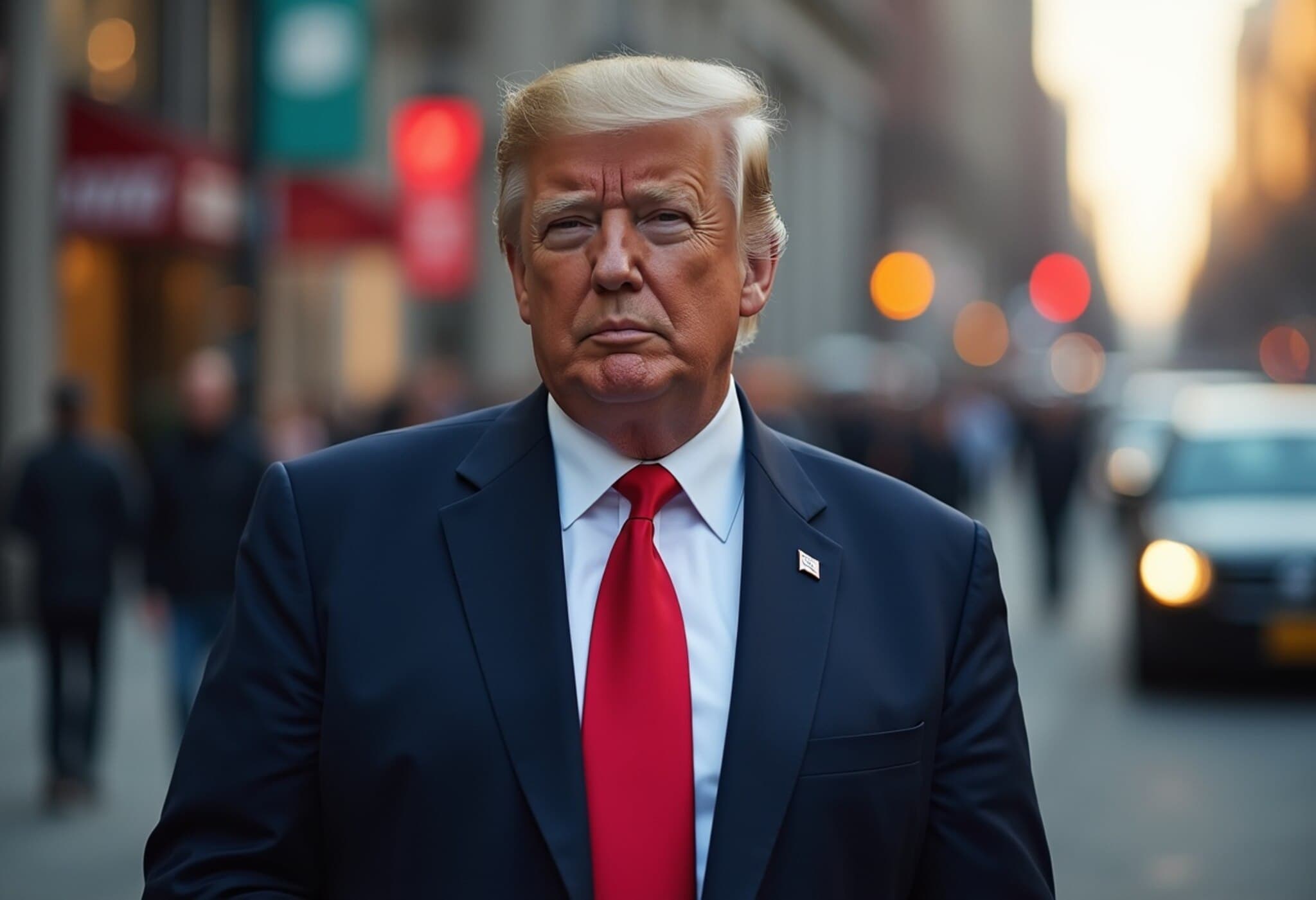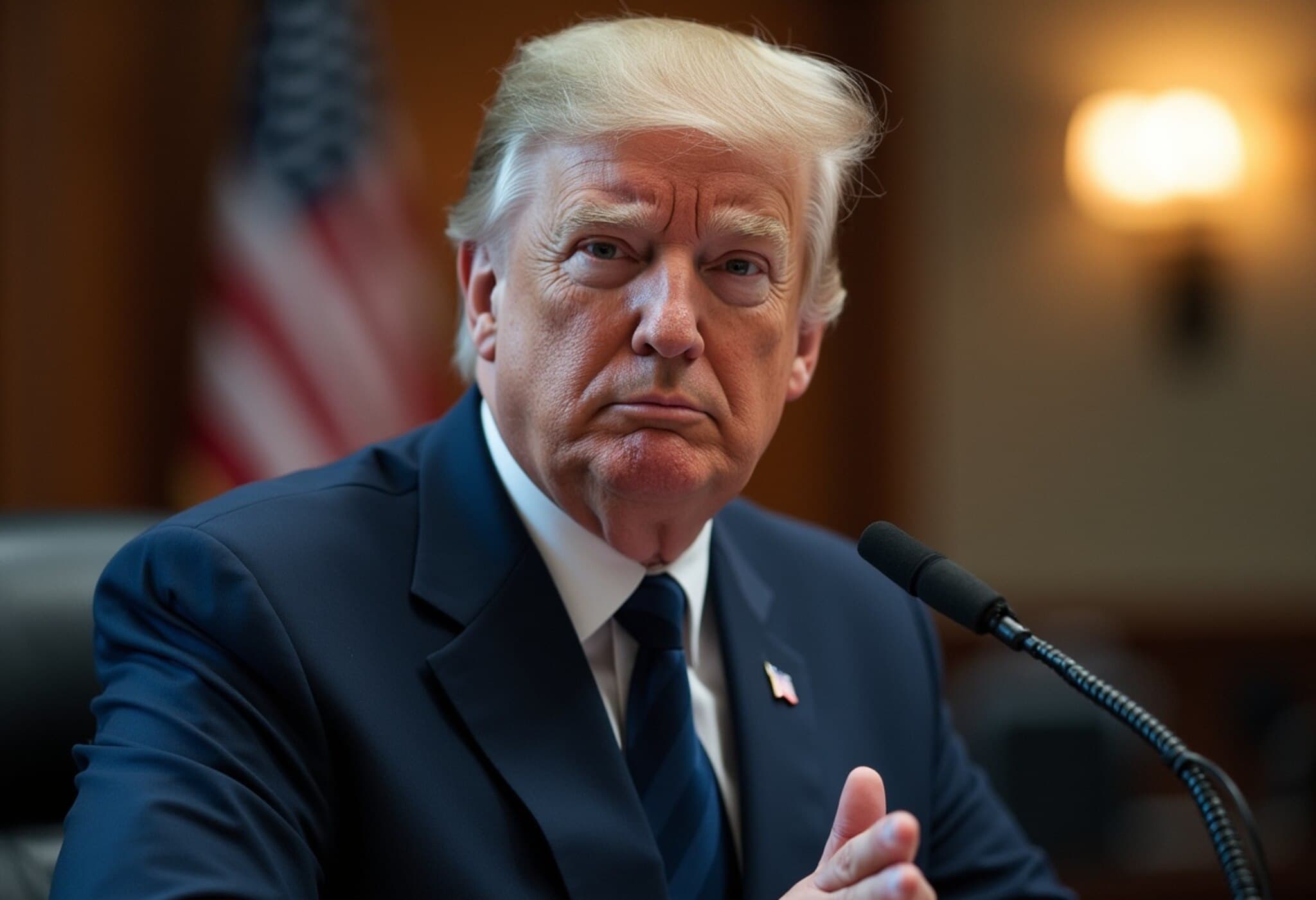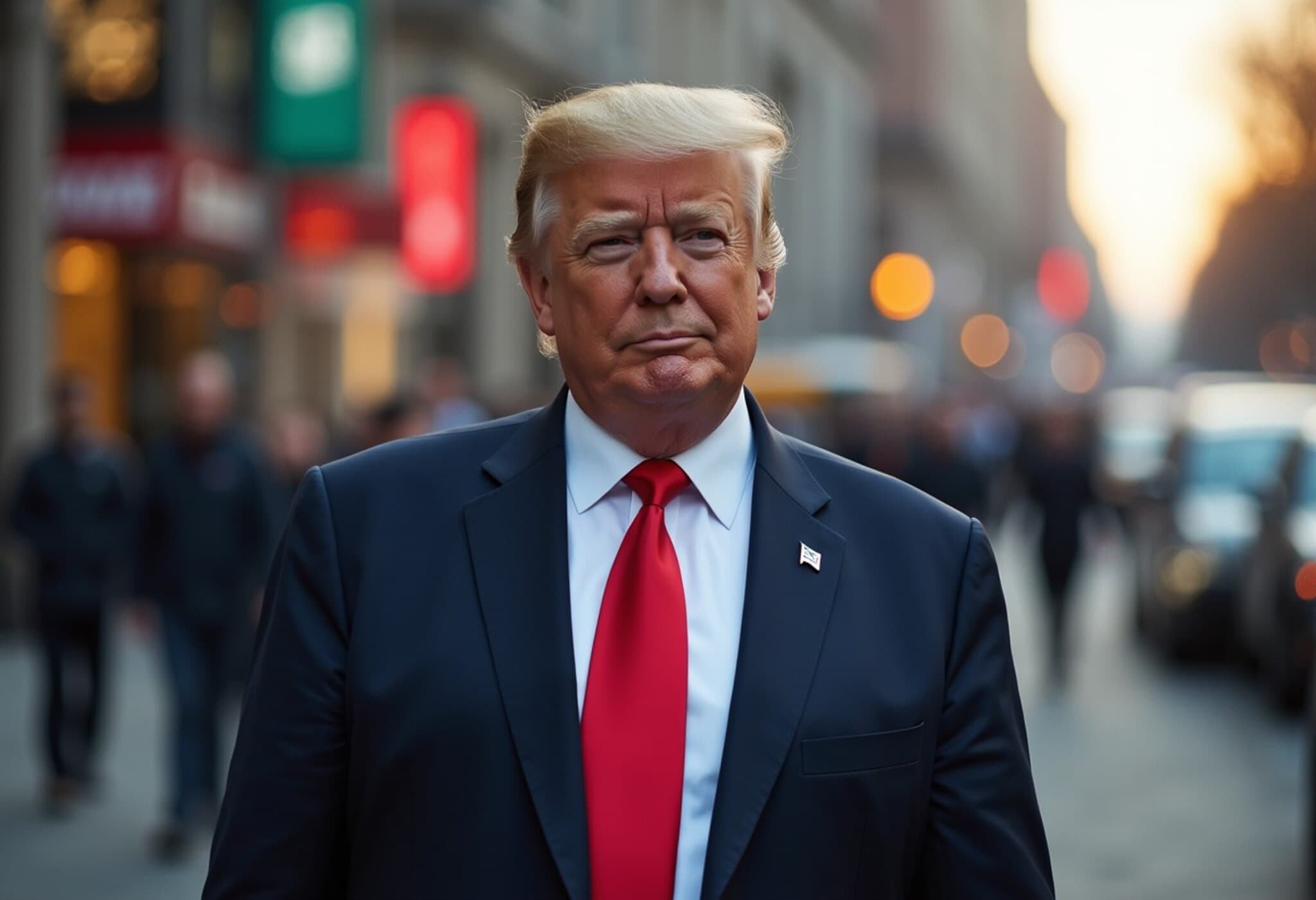China's Expanding AI Influence Campaigns Raise Global Concerns
In an era where artificial intelligence (AI) redefines the dynamics of geopolitics, recent revelations highlight China's growing use of AI technologies to orchestrate influence campaigns extending from Hong Kong and Taiwan all the way to the United States. Based on exclusive insights from current and former US officials, a state-affiliated Chinese firm named GoLaxy has emerged as a pivotal player in harvesting data and shaping narratives on a global scale.
Who is GoLaxy and What Are They Doing?
GoLaxy operates as a state-linked entity specializing in data collection and sentiment analysis. Internal documents obtained by US intelligence reveal that the company has been systematically monitoring individuals, including lawmakers and influential public figures, arguably to map and manipulate public opinion in key regions such as Hong Kong and Taiwan.
While there is no confirmed evidence that GoLaxy has launched active influence campaigns within the U.S. yet, authorities remain on high alert. The potential for these AI-powered methods to infiltrate or sway political conversations and electoral processes poses an unprecedented challenge to American democratic integrity.
The New Face of Influence Operations: AI as a Force Multiplier
Unlike traditional propaganda that relied heavily on manual curation and human-driven networks, AI introduces formidable advantages — enabling rapid processing of vast datasets and the generation of tailored content at scale. Experts emphasize that this technological shift could accelerate the speed, precision, and reach of foreign influence operations.
China historically lagged behind Russian disinformation campaigns in terms of impact and aggression. However, with the adoption of AI tools, Beijing may be poised to close that gap substantially — ushering in a new era of sophisticated, semi-automated information warfare. This evolution could dramatically reshape international power balances and public discourse frameworks worldwide.
US Vulnerabilities and the Shifting Intelligence Landscape
Compounding these emerging threats is an unsettling vulnerability within the U.S. intelligence apparatus. Critical teams dedicated to detecting and counteracting foreign influence have been dismantled or weakened in recent years, notably under the Trump administration. This institutional erosion has left a gap in early warning mechanisms and reduced the country's agility in responding to subtle, technically advanced campaigns.
American policy analysts and cybersecurity experts warn that addressing this gap requires urgent reinvestment in counterintelligence initiatives and enhanced cooperation between government agencies and private tech firms. Without a robust defense strategy, AI-powered foreign influence campaigns may exploit these weaknesses to undermine US political processes.
Broader Implications and the Road Ahead
- Global Information Warfare: AI is no longer just a technological asset but a strategic weapon in the contest for ideological dominance.
- Legal and Ethical Challenges: Governments worldwide must grapple with regulating AI tools that can be weaponized for misinformation without stifling innovation.
- Democratic Resilience: Strengthening civic media literacy and transparency in political communications will be key to mitigating AI-driven manipulations.
Ultimately, GoLaxy's activities underscore a critical juncture where technology, geopolitics, and society intersect. The evolving nature of influence campaigns demands both vigilance and adaptive responses from policymakers, intelligence communities, and the public to safeguard democratic values and international stability.
Editor’s Note
As AI enhancement revolutionizes information warfare, the delicate balance between innovation and security hangs in the balance. The GoLaxy case invites us to question how states harness cutting-edge technology within soft power strategies and reminds us of the urgent need for renewed efforts in AI governance, intelligence collaboration, and public awareness. For American democracy, the fight against covert AI-enabled influence is not a distant threat—it is unfolding now, and preparedness will define future resilience.
















